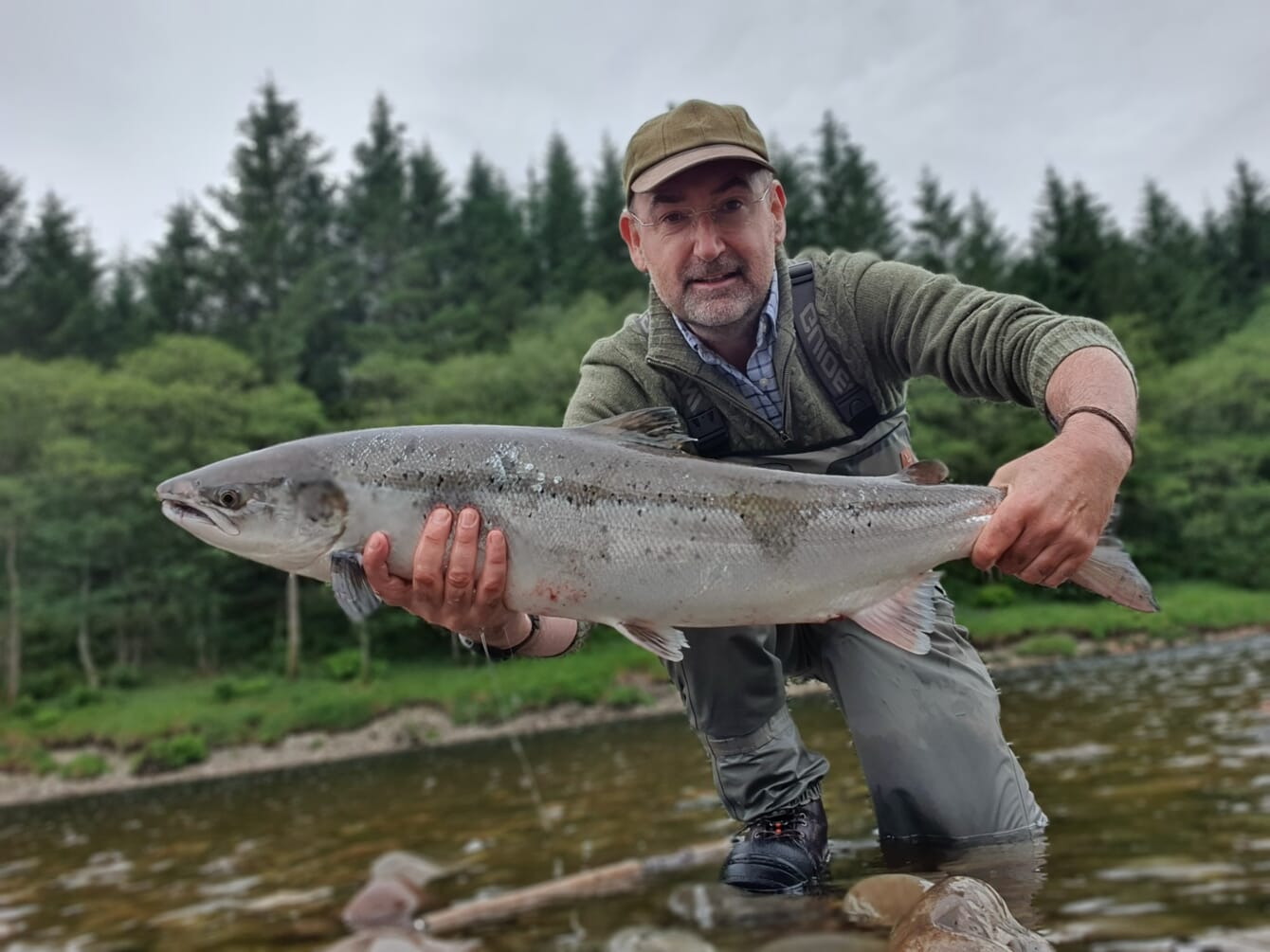
Salmon Scotland’s wild fisheries fund will see £145,000 invested this year as part of a £1.5 million commitment from the nation’s salmon farmers.
Projects which receive grants will aim to stem the decades-long decline in wild fish numbers through habitat protection, protection from predators and restocking programmes.
Habitat loss and rising river temperatures, primarily due to climate change, have impacted wild salmon and sea trout populations throughout the UK and all over the Scottish coastline.
Salmon farming companies, which mainly operate on Scotland's west coast and Northern Isles, launched the fund to play their part in finding solutions, engaging constructively with the wild fish sector and taking meaningful action to save wild salmon.
This year, money will be available to a broad range of organisations and projects in Scotland's aquaculture zone, including local angling clubs, fishery boards and other community associations.
Previously called the ‘wild salmonid fund’, more than £190,000 has already been invested since 2021 in restoration projects to reduce riverbank erosion and measures to provide tree canopy and in-stream cover for young salmon.
The new fund will be open for applications on February 1 and the closing date will be March 31, with decisions on grants taken by Salmon Scotland in April.
It will be co-ordinated by fishery manager Jon Gibb, who is based in Fort William and has championed a constructive relationship between the farm-raised salmon sector and fisheries and angling groups.
Tavish Scott, chief executive of Salmon Scotland, said in a press release: “Scotland’s salmon farmers want to play their part finding solutions, engaging constructively with the wild fish sector and taking meaningful action to save wild salmon. We are determined, for example, to share our knowledge and experience to support wild fisheries with re-stocking. While a handful of urban activists who live far from rural Scotland are determined to shut down salmon farms and make 12,000 people unemployed in the mistaken belief this would somehow help wild salmon, most people in the fisheries and aquaculture sectors are focused on helping salmon to thrive in our waters.”
Jon Gibb, co-ordinator of the Salmon Scotland wild fisheries fund, added: “I have worked on Scotland’s salmon rivers for more years than I care to remember.
“There have always been good and bad years, but what we are seeing is a species on the brink of extinction in some places - it’s that simple. Wild salmon are in deep, deep crisis and the aquaculture sector can play a vital role in stemming the worst of their precipitous decline. The Scottish farm-raised salmon sector has reached out with the offer of help to the wild fishing community, and it is my sincere wish that both managers and anglers up and down the west coast rise to the challenge and use this welcome and timely funding to save the future of the king of fish.”




